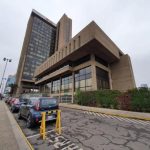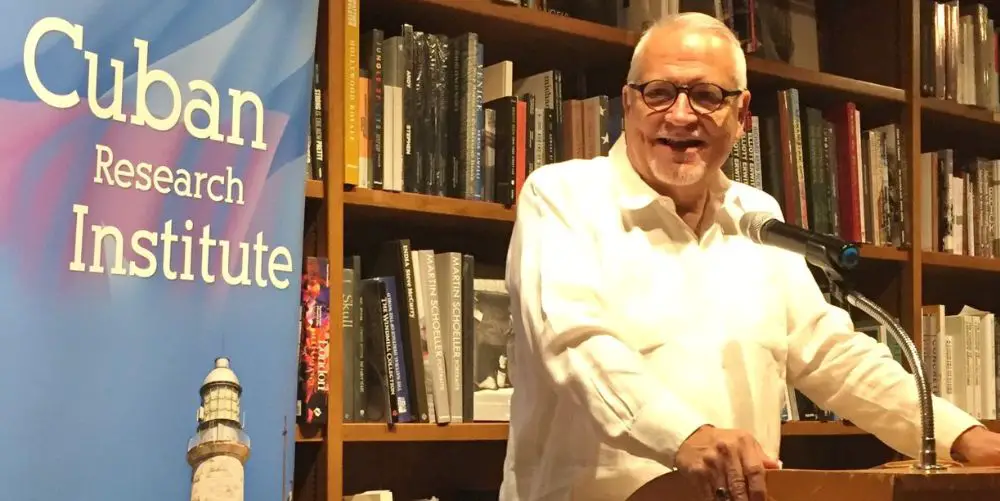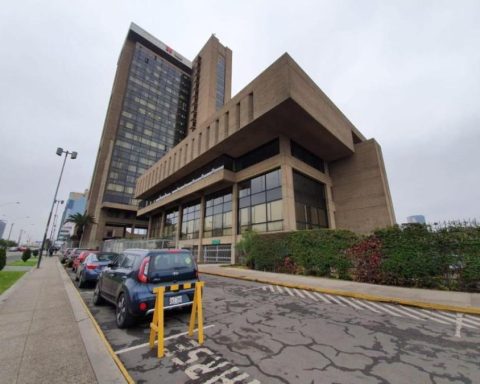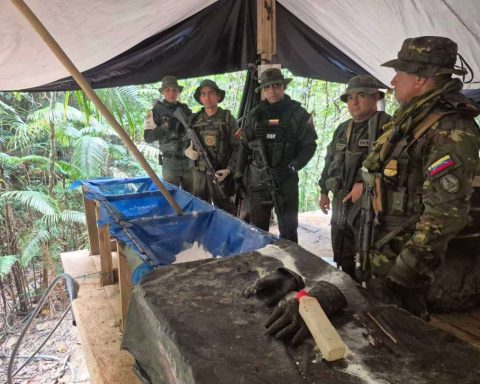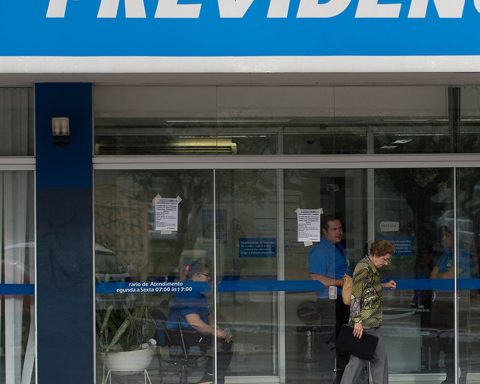What happened to this bank? How is it possible that an entity with 40 years of history, 30 of them without giving losses, has had to be rescued?
First of all, we must remember how the balance of a bank works. In the asset, in addition to its buildings and offices, it shows the loans it grants to clients, its investments and its liquidity. In liabilities, in addition to capital and reserves, customer deposits and checking accounts.
We have to know that when we deposit money in an account or place money in a fixed term, we are lending money to the bank and for the entity it is a liability, an obligation. In a very simplified, but real way (source Federal Reserve), the balance of the SVB as of December 31, 2022 was as follows:
A little history
We must go back to 2021. During that year, given the post-covid investment euphoria and cheap money, the bank captured customer deposits and these rose from 102 to 189 billion dollars, according to data from the Federal Reserve itself.
This increase in liabilities (remember a bank’s balance sheet) was offset by an investment in assets of approximately half in long-term mortgage bonds, in the expectation that interest rates would not rise as much.
But inflationary pressures made the Federal Reserve carry out interest rate hikes fastest in the last 40 years. These increases produced, specifically for the SVB, two lethal effects:
-
Depositors compared and preferred invest in treasury bills at 4.5% without any risk, rather than a lower-return, higher-risk bank deposit, and they withdrew their deposits from the SVB at unprecedented speed.
-
When market interest rates rise, long-term bonds lose value, and they lose more value the faster rates rise and the longer-term the bond is. In this case, for the SVB these rate hikes have meant losses in its portfolio of billions of dollars. Unrealized losses (then), but recorded.
Thus, the depositors they began to withdraw large amounts of your accounts (passive). Faced with this flight of deposits, the bank, unable to request their money from the clients to whom it had lent money at fixed terms, was forced to sell, to meet the demand for cash from his clients, the bonds (assets) that he had bought as an investment, but have to sell them at a huge loss. Those latent losses materialize, accelerate and the bank is in danger of running out of liquidity.
The Federal Reserve has stepped in, rescuing to checking accounts and depositorsinsuring them all their money (beyond the $250,000 FDIC guaranteed) but shareholders and bank bond holders they will not be rescued.
At this point, it should be noted that when a bank is bailed out, its deposit and account customers are bailed out. Its shareholders, its owners, are not rescued and lose everything, as is logical on the other hand. Likewise, neither are those who invested in bonds issued by the SVB. The directors have been replaced and even at this moment we do not know if the rapid intervention of the Fed will be able to tackle the problem. But we can already establish several conclusions:
-
Apparently, the manager’s mistake has been to finance long-term investments (bonds) with short-term money (deposits).
-
The banking business is based on trust. What the bank does with our money is lend it and invest it. When we deposit money in a bank, we are lending it to them and the entity, in part, lends or invests it. It is your function. I am calm as long as I trust that my money is safe.
-
Such a rapid and large rate hike always has consequences.
-
The era of free or almost free money that we have lived through has been a huge distortion of reality and of the risk/return binomial.
At the time of writing this article, it appears that the intervention of the Federal Reserve has calmed the markets, but the situation is, to say the least, volatile.
Alvaro Banon IrujoProfessor of Financial Management and Investments, university of Navarra
This article was originally published on The Conversation. read the original.






